Are you considering joining a mentorship program but unsure where to start? Navigating the path to personal and professional growth can be daunting, but a mentor can make all the difference! With their experience and insights, mentors provide invaluable guidance and support tailored to your unique journey. Curious about how to craft the perfect enrollment letter to secure your spot? Read on for tips and examples!
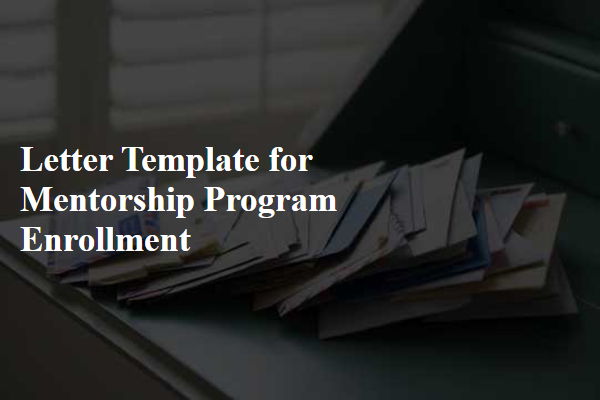
Personal introduction and background
A compelling personal introduction for a mentorship program should highlight relevant experiences and aspirations. My name is Julia Roberts, a recent graduate with a Bachelor of Arts in Environmental Science from the University of California, Berkeley. At age 23, my passion for sustainable development led me to intern at Green Future Initiative (GFI), a non-profit organization focused on climate action, where I contributed to a project that aimed to reduce plastic waste in local communities. My volunteer experience with Global Youth Network introduced me to diverse cultures while advocating for environmental justice in underserved areas. With a deep interest in renewable energy solutions, my goal is to develop innovative strategies that address climate challenges faced by cities. Participation in a mentorship program will provide valuable guidance from industry experts, expanding my skills in project implementation and leadership, ultimately helping me make a meaningful impact in the field of sustainability.
Explanation of interest in mentorship
Participating in a mentorship program offers a unique opportunity for personal and professional growth, particularly in fields such as technology and business. Aspiring mentees often seek guidance from experienced mentors who have navigated the pathways of their respective industries. This connection can illuminate best practices, networking strategies, and career advancement opportunities. Educational institutions or organizations such as industry-specific nonprofits often host these programs, aiming to foster development among emerging talent. Mentorship relationships not only enhance skill sets but also enrich understanding of organizational cultures and professional expectations. Successful mentors can inspire confidence in their mentees, equipping them with the tools needed to thrive in competitive environments.
Specific goals and objectives
Enrolling in a mentorship program can significantly enhance professional growth. Specific goals like developing leadership skills, enhancing industry knowledge, and improving networking abilities can be critical for career advancement. Setting measurable objectives, such as attending at least three industry workshops, reading five relevant books within six months, and initiating connections with at least ten new professionals through networking events, provides a structured approach to achieving these goals. Targeting a specific industry, such as software development or marketing, ensures the mentorship program aligns closely with career aspirations, thus maximizing learning and personal development opportunities.
Availability and commitment level
Becoming part of a mentorship program requires clear communication of availability and commitment level. Participants should outline their weekly time availability, specifying hours and days dedicated to mentoring sessions. Consistency is vital; committing to regular meetings, such as bi-weekly or monthly, establishes reliability and fosters a productive mentor-mentee relationship. Moreover, dedication to the program's objectives reflects a serious investment in personal and professional development. Engaging in activities like goal setting, feedback sessions, and skill-building workshops shows commitment beyond scheduled meetings, enhancing the overall mentorship experience. Such proactive involvement encourages growth and maximizes the benefits of mentorship.
Appraisal of mentor's experience and qualities
The qualifications of an ideal mentor encompass extensive industry experience and strong interpersonal skills. A proficient mentor typically possesses at least a decade of professional experience, ideally working in roles such as Senior Manager, Consultant, or Director within reputable organizations. Their knowledge spans critical areas like project management, strategic planning, and team leadership, providing invaluable insights for mentees. Effective communication skills are essential, allowing mentors to convey complex concepts clearly and foster a supportive environment. Attributes such as empathy, patience, and an ability to give constructive feedback further enhance their mentoring capabilities. A mentor's commitment to continuous learning and sharing knowledge about emerging trends, such as digital transformation and workplace diversity, enriches the mentorship experience, making it relevant and impactful. Additionally, mentors involved in community initiatives or professional associations demonstrate leadership beyond corporate boundaries, emphasizing a well-rounded perspective beneficial for mentees in navigating their career paths.

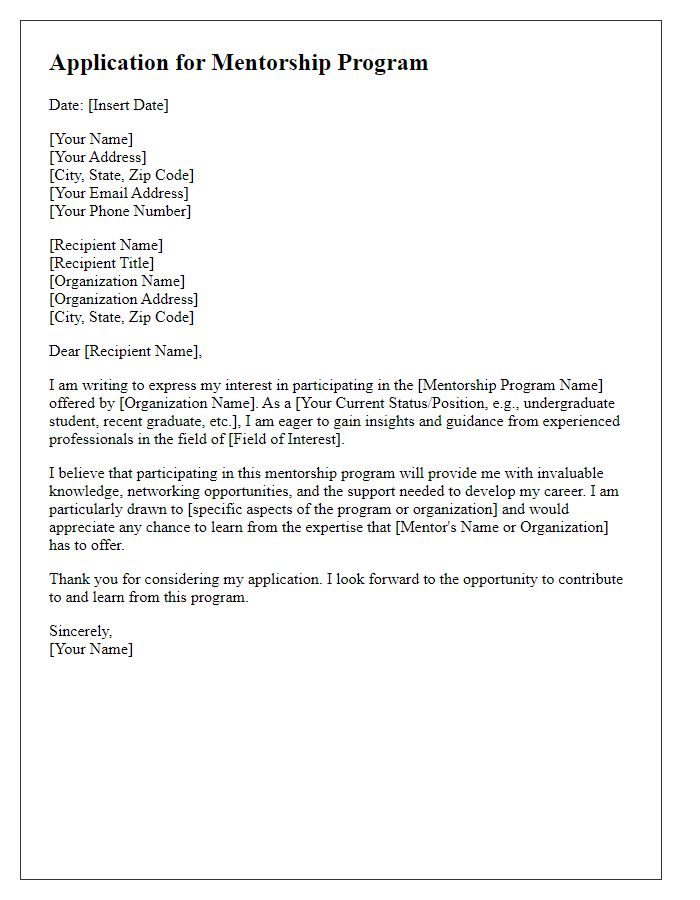
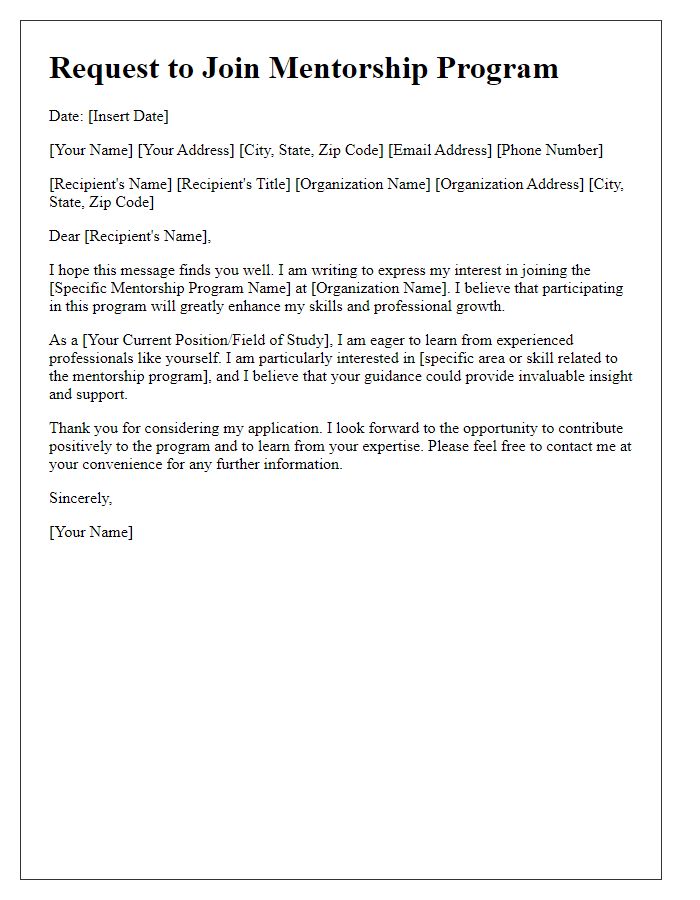
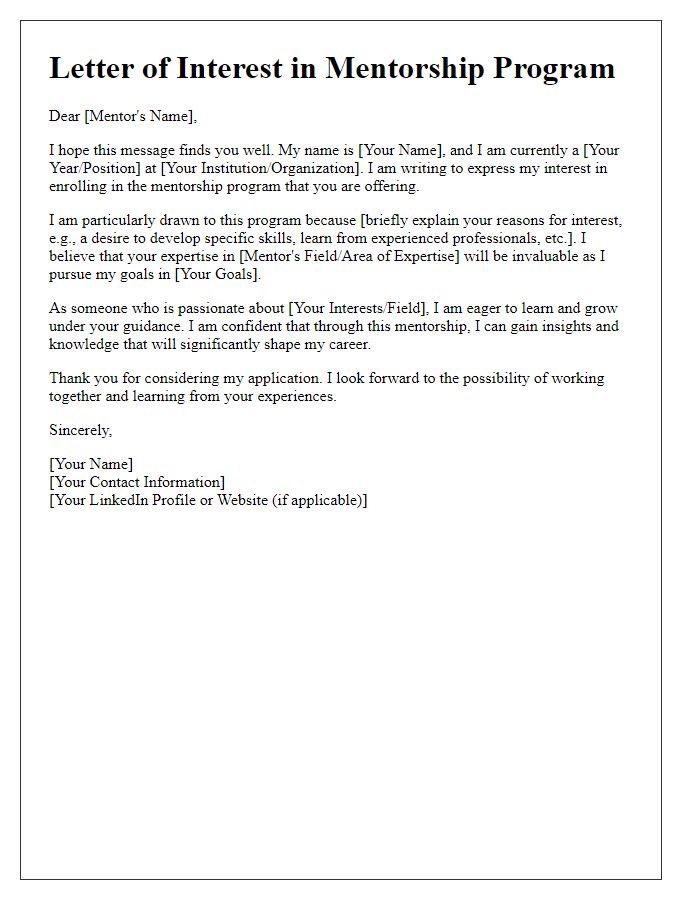
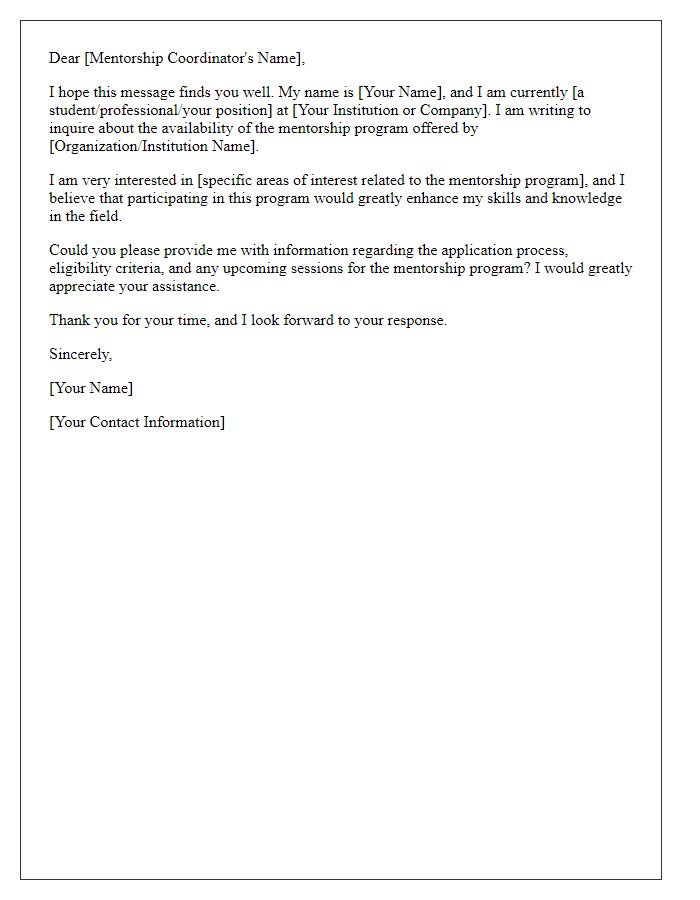
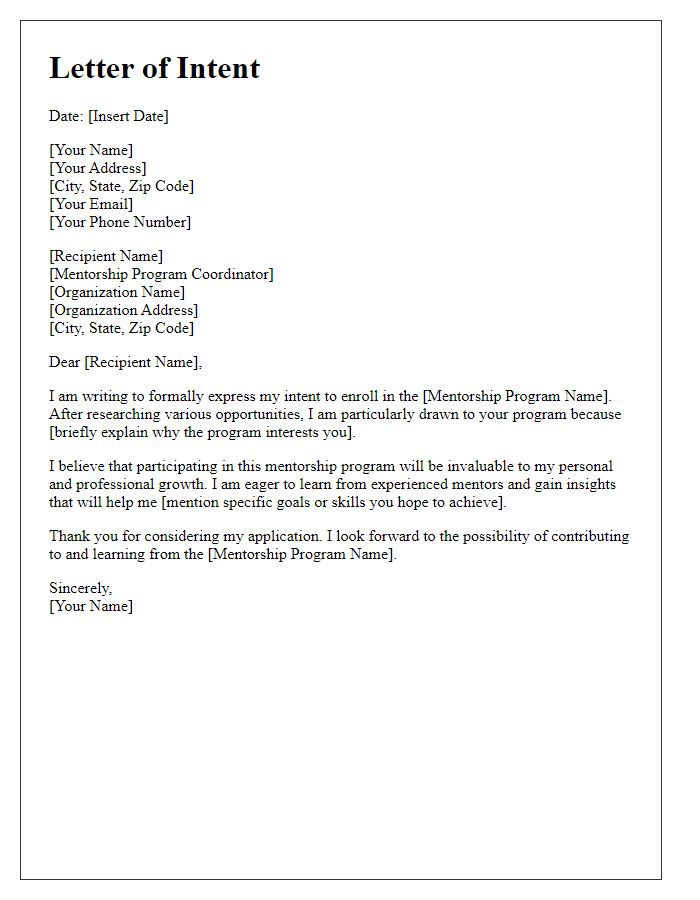
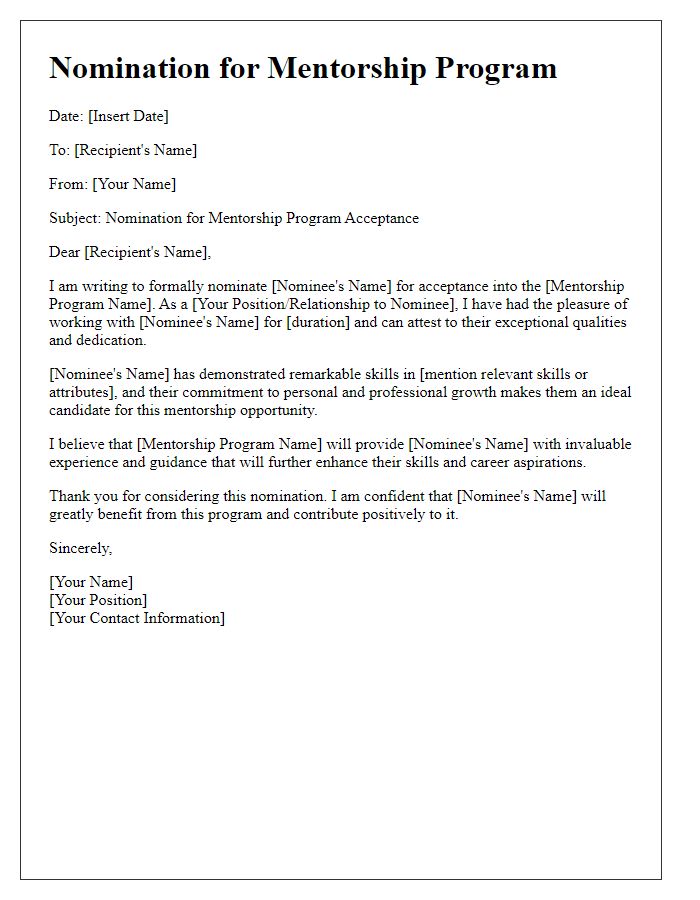
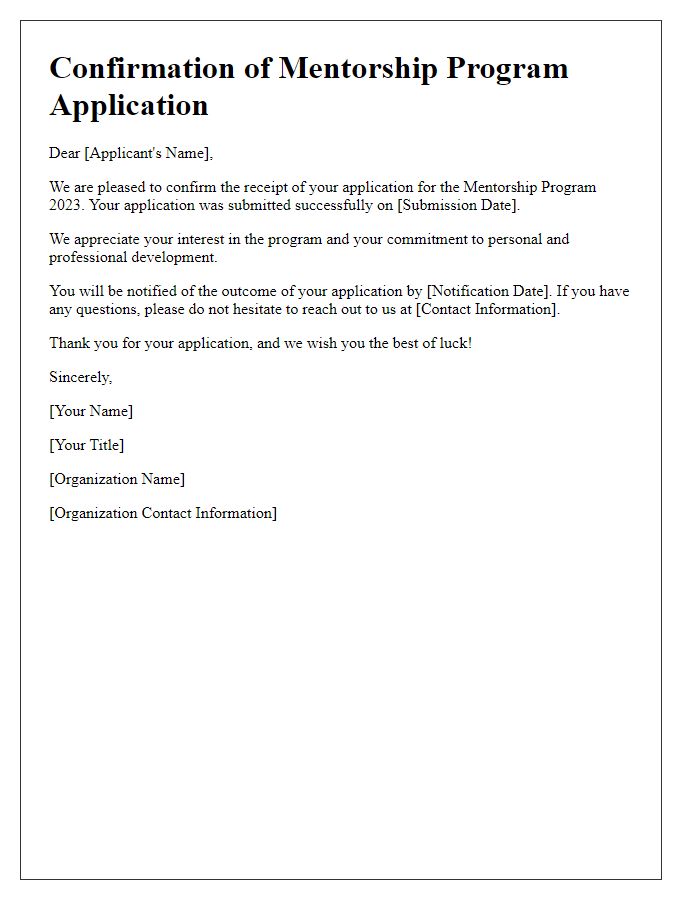
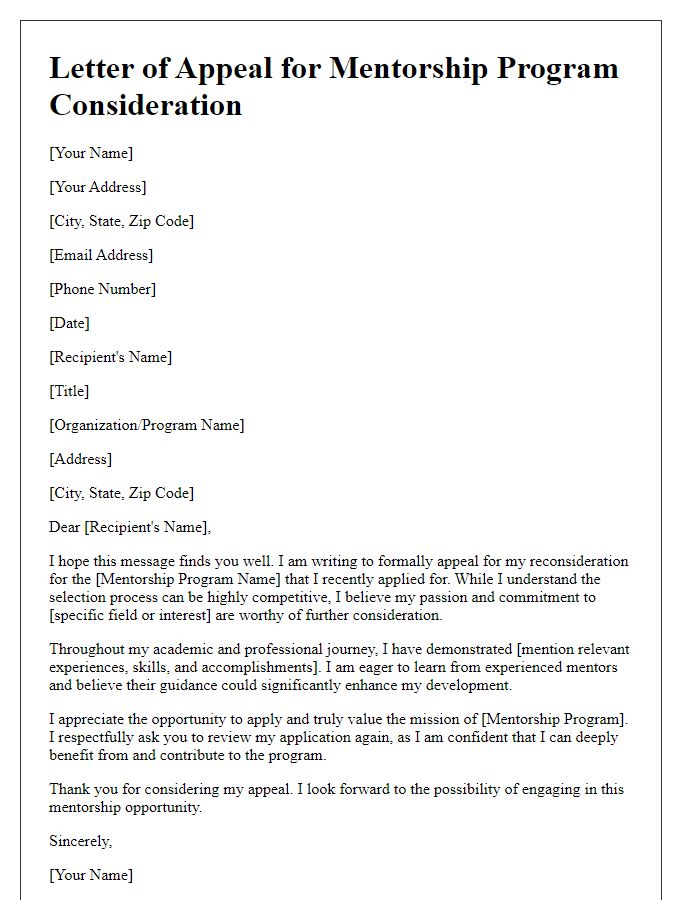
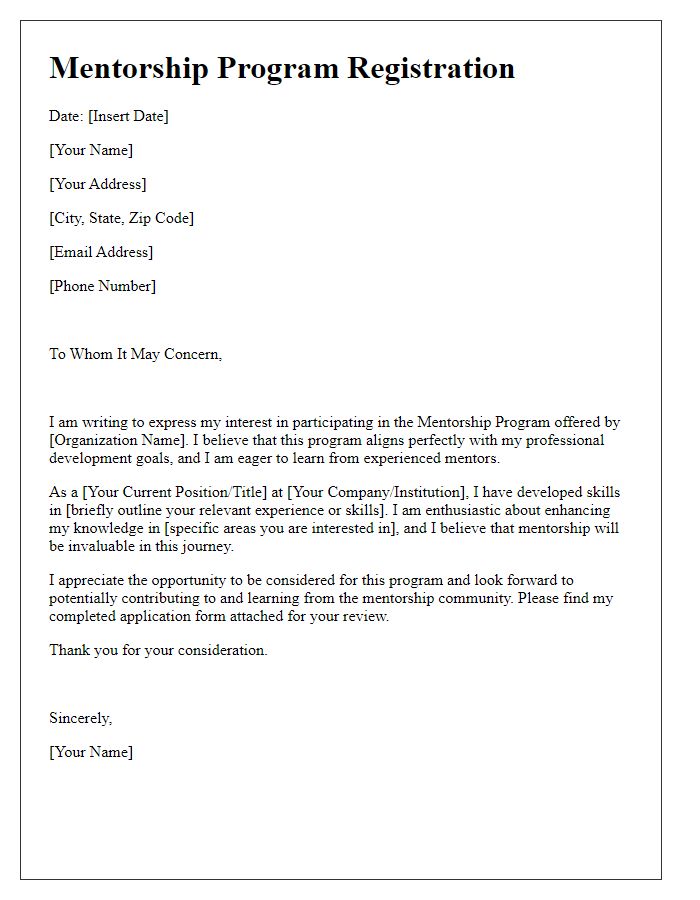
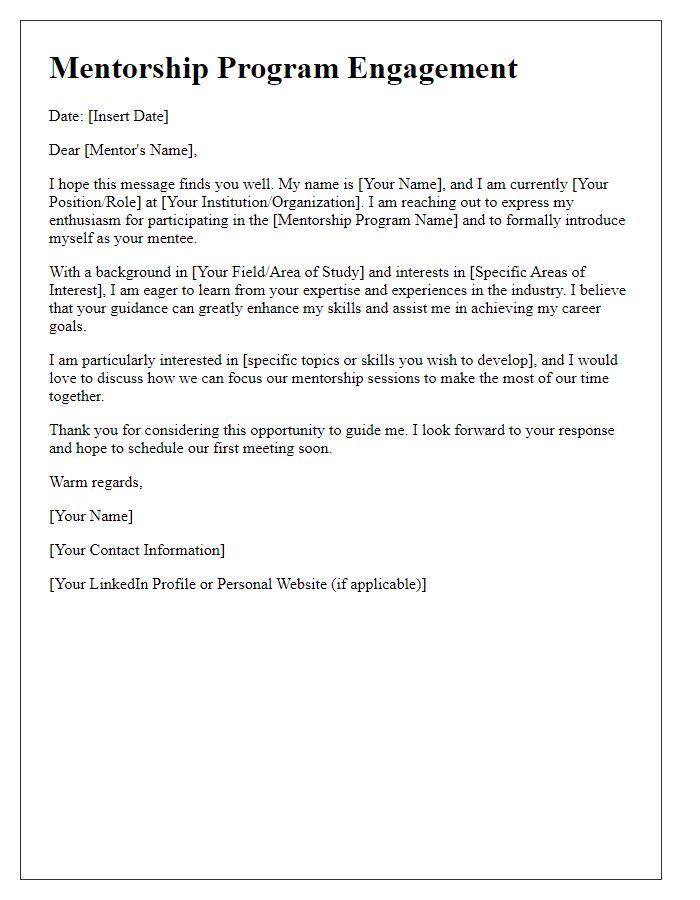


Comments